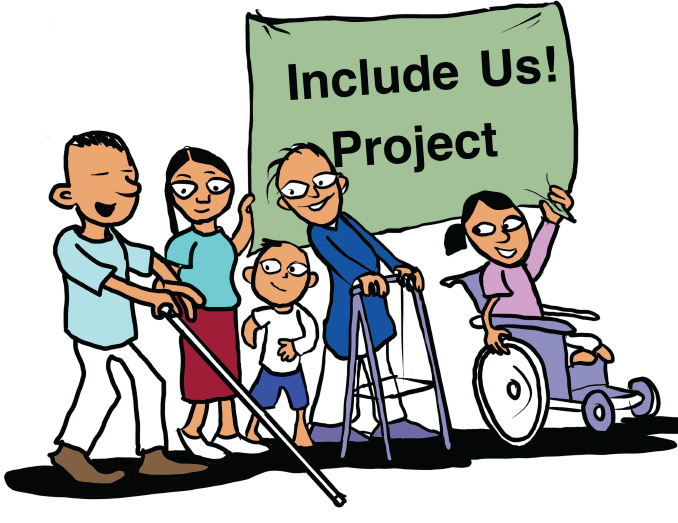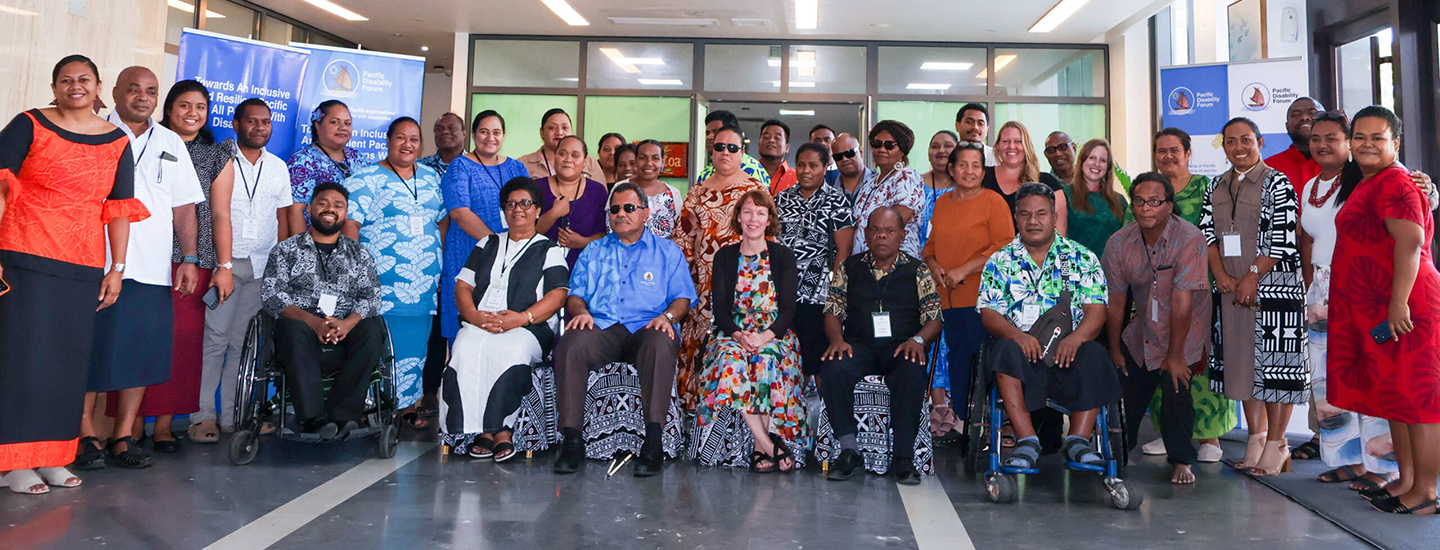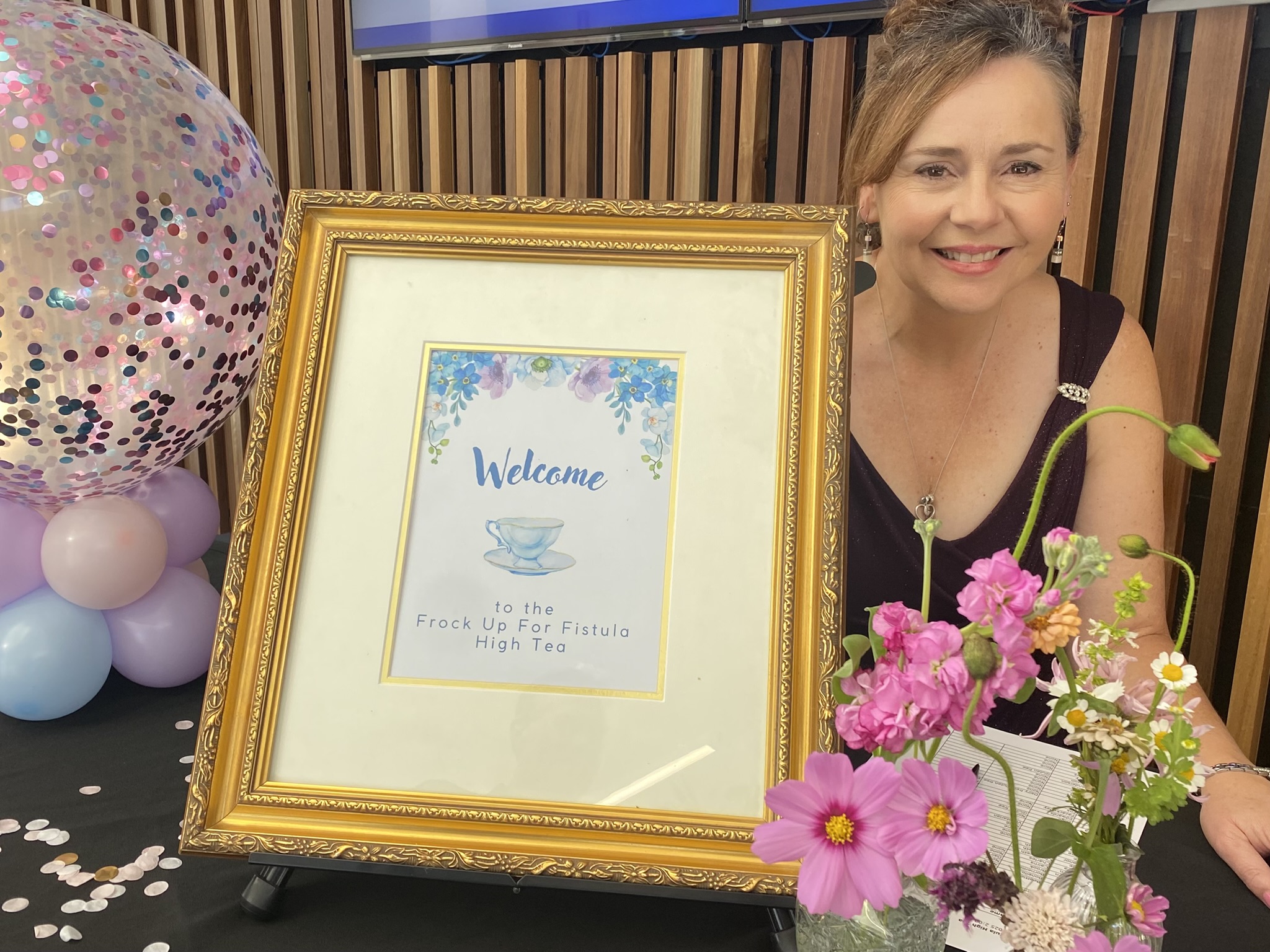Improving resilience: Khaleda harvests crops successfully after cyclone early warning system
Stories | August 10, 2022
Khaleda Begum is a 41 year old woman with disability living in Cox’s Bazar, Bangladesh. She is the sole income earner for her two daughters and her parents who also live with her. In 2015, flash flooding in Cox’s Bazar led to the destruction of Khaleda’s crop and vegetable field, and her house was flooded for five days. She was left without her means of livelihood and without money.
Climate change is expected to lead to more frequent disasters, like the one Khaleda experienced and to reduce already low incomes and increase illness and death rates in many developing countries. The Asia Pacific region is already seeing the impacts of climate change and is the most prone to both natural and man-made hazards, which exposes the region’s 4.4 billion people to frequent disasters.
To address the significant impacts of disasters on people with disabilities, CBM supported an emergency response in Bangladesh through Centre for Disability in Development (CdD), which included support to re-establish livelihoods as well as working to improve early warning systems. As a result of this work, Khaleda was able to access support that enabled her to establish new crops and earn income.
Both CBM and our partner CDD recognize that after disaster strikes it is important to build back better to ensure that people are less affected by disasters in the future. With climate change increasing the frequency of disasters, taking steps to limit the impact of future disasters plays an important role in sustainable development efforts.
Just one year later, when the next cyclone occurred, the early warning system notified Khaleda so she could prepare. The local council made announcements through loudspeakers and Khaleda took the opportunity to harvest her crops before the cyclone struck. This meant that she didn’t lose much needed income and the cyclone had less impact on her life than before.
There are many people like Khaleda in the area where the CBM and CDC project operates, who were able to harvest their crops after receiving a cyclone early warning too, improving resilience in an area prone to natural hazards.
https://www.cbm.org.au/stories/improving-resilience-khaleda
Related Stories

Easy Read your way through our evaluation report
At CBM Australia, we recognise that accessibility is not optional – it is a...

Growing Stronger Together: Supporting OPDs across the Pacific
CBM Australia is proud to partner with Pacific Disability Forum on the Growing Stronger...

Frock Up For Fistula: a High Tea of hope and healing
Something very special happened this Mother’s Day weekend. CBM Ambassadors Lyn Wake and Glenys...
